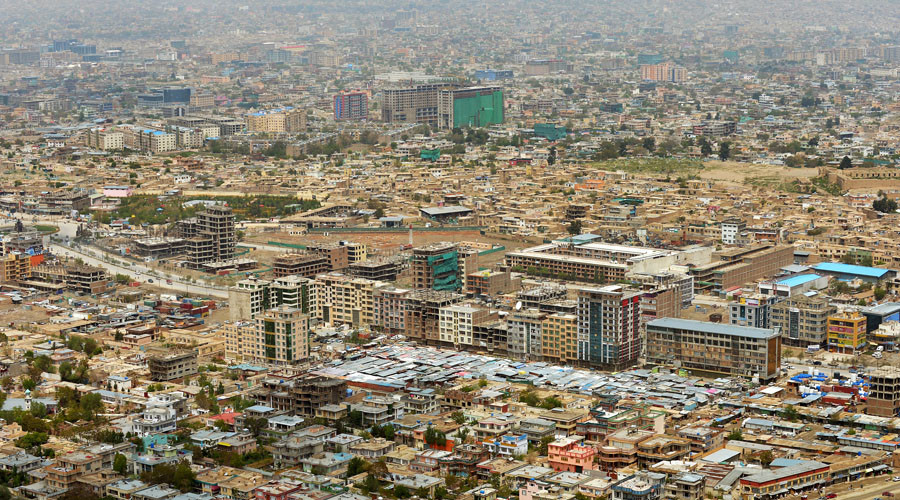By following Persian news outlets concerning Taliban’s recent suicide attack against the secular TOLO TV station in Kabul on 20 January 2016, in which at least seven people died and 20 were wounded, we realize that the cultural bridge hasn’t been destroyed yet. While observing the shows, debates and intellectual discussions about this unique TV station in Kabul, I found out that concerns for freedom of expression, liberty and peace were widely shared by Afghani and Persian journalists alike.
Why Is TOLO So Important?
TOLO currently provides free-to-air services to viewers in 14 Afghani cities and the surrounding countries. TOLO is a young TV and news outlet in Afghanistan. They speak up-to-date Persian and critically cover a wide range of topics, which concern people in Afghanistan. However, the wider media in Afghanistan broadly neglects them. While other media outlets are unwilling or unable to criticize issues related to tribalism, ethnicity and matters on Taliban affairs, TOLO attempts to shed light on these issues.
TOLO TV is followed and watched in Iran, Tajikistan, Uzbekistan, Pakistan and the diaspora of many Persians from these countries.
While observing several of their TV shows such as “Afghan Star” along with other political, social and historical debates, I found out that more than 41% of Afghani population follow their shows.
TOLO TV and Iranian Journalist Association
On 25 January 2016, the “Iranian Journalist Association”, in and outside Iran, wrote a letter on behalf of their colleagues and their “cultural compatriots” addressing issues on freedom of speech, liberty and peace.
As might be known for many, publications of Iranian writers in Persian, which aren’t allowed to see light in Iran, are currently published without censorship in Afghanistan, which is not much difficult to understand.
Tajiks and Hazaras, Persian-speaking ethnic minorities living in Iran for decades, have great links to their friends, relatives and fellow students in Afghanistan. At least, cultural ties in many fields between Iranians on one hand and Persians from Afghanistan on the other remain strong.
Afghan Journalist Association
Afghani Journalist Association condemned the assailant attack against the TV station, describing it as a crime “against all values of humanity”. In the same vein, the UN even called the day of the assault as “the black Wednesday against all media in Afghanistan’s history”.
One of the heads at the Afghani Journalist Association, Mohammad Fahim Dashty, was a close friend with Ahmad Shah Massoud, who survived a suicide attack against Massoud on 9 September 2001, said: ”From now on, we call the Taliban terrorists. They’re not our brothers and compatriots like Karzai and Ghani intended to convince us since the fall of the Taliban.”
Taliban Against the New Generations
In many ways TOLO TV represents the mouthpiece of the new generation of Afghanis. Their staff is built of artists, poets, social scientists, and filmmakers etc., who are interested in providing a counter-narrative against tribal habits, honour killings, Taliban warlords and patriarchy.
The only reason the Taliban attacked them is because of their broad coverage of the on-going events in the Afghani city Kunduz in autumn 2015. TOLO linked Taliban members to looting incidents in Kunduz. Consequently, the Taliban felt “debased” by TOLO news and branded them as an outlaw “item”.
On 23 January 2016 three days after the attack, the Taliban announced the beginning of new negotiations with the Ghani government. One of their wishes is to be recognized as an official entity in Afghani government along with their Qatar-based office.
Despite Taliban’s threats to carry out more attacks against those who oppose them, it must be noted that Taliban is very heterogeneous with many different viewpoints within the group.

